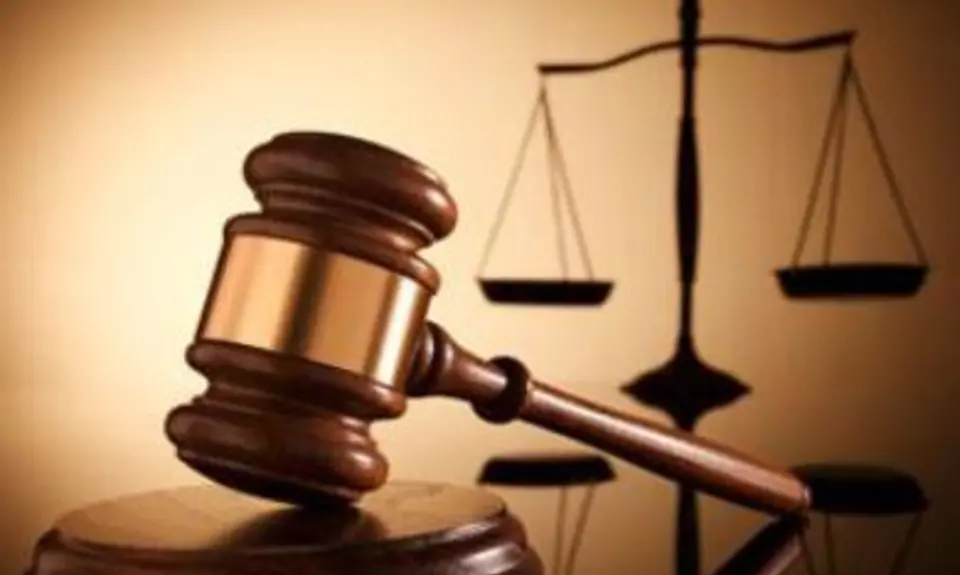The following is a guest post by Erik Lampmann, a 2011 Young People For (YP4) Fellow. It is cross-posted on the Alliance for Justice blog and the YP4 blog.
Federal courts routinely hand down judgments that affect everyday Americans at an immediate, painful, and personal level – for good or ill.
Consider the case of Seamus Johnston, a transgender student expelled by the University of Pittsburgh at Johnstown (UPJ) for his use of male restrooms and gym facilities on campus. When he sought redress for his experiences at the hands of UPJ, U.S. District Judge Kim Gibson, a George W. Bush appointee, ruled he had no room to claim discrimination since he was being treated in accordance with his sex as assigned at birth and had not had sex reassignment surgery.
In some ways, Johnson was warranted in thinking he was free to live openly as a transgender man since UPJ offers gender identity and expression protections under its student nondiscrimination statement. Indeed, Johnson had lived openly and without significant difficulty as a man since 2009 — even having taken advantage of men-only exercise courses. Only in 2011 was Johnson first confronted for using a men’s locker room. After issuing Johnson citations, barring him from certain facilities, and eventually arresting him, the university expelled him for his attempt to use the bathroom in which he felt most at peace and which he believed he was permitted to use by university policy. In his appeal for justice, Johnson didn’t ask for much — simply that a university that purports to protect students based on “gender identity and expression” allow him a modicum of relief as a transgender person rather than criminalizing his attempts to live authentically.
Essentially, Judge Gibson acknowledged Johnson’s self-identification as a transgender man, but she didn’t think it really mattered in the context of the Equal Protection Clause or Title IX. Flatly ignoring guidance from the Department of Education encouraging institutions of higher education to recognize transgender and gender non-conforming students’ right to protections under Title IX, Judge Gibson left Johnston, and other transgender students, without protection from sex discrimination. She wrote:
While Plaintiff might identify his gender as male, his birth sex is female … It is this fact … that is fatal to Plaintiff’s sex discrimination claim. Regardless of how gender and gender identity are defined, the law recognizes certain distinctions between male and female on the basis of birth sex. Thus, even though Plaintiff is a transgender male, his sex is female.
In sum, this decision reflects a sobering reality for LGBTQ people, particularly transgender and gender non-conforming individuals: The government — more specifically, a judge — holds the power to determine if the law protects how you define yourself.
This example dramatizes just one way that our courts fail to live up to the promise of the motto “equal justice under law” by protecting the vulnerable among us from exclusion and discrimination. I’ll admit that several years ago the result in this case might have led me to give up on the courts as an avenue for change.
Recent decisions from the Supreme Court and other federal courts have prompted some progressives to view the courts as a once-relevant institution home only to disconnected jurists. When we as progressives write off the courts and treat them as spaces where our communities were never meant to triumph, we concede the power to speak from our lived experience as those affected by the law and to shift the balance of power within the judiciary.
In reality, the legal knowledge of our communities paired with our deeply personal understanding of how the courts’ decisions impact real people gives us a tremendous power to affect the composition of the courts and to create legal precedents that respect rather than ignore our communities’ needs.
Seamus Johnston’s experiences with the justice system are then instructive for progressives building long-term judicial strategies. His loss in the Western District of Pennsylvania is but one battle in a much longer struggle for social justice.
The courts have to matter for LGBTQ Americans and so many others who find themselves on the losing end of cases like Johnston’s. They have to matter because we cannot afford to write off institutions, elected officials, or organizations as permanent friends or enemies. Rather, if we truly believe another world is possible, we have to build it brick by brick, precedent by precedent, judge by judge.
